Urban Science Week 2025
The Urban Science Week showcases thought leadership on cutting-edge research and innovative solutions, presenting an opportunity to glean insights from Singapore's experience as a living laboratory, where global expertise converges with local knowledge to shape liveable and sustainable futures.
On this page

Synopsis
Cities today face increasingly complex challenges that require solutions backed by science and data. Urban science helps cities work better - from building stronger defences against climate change to creating smarter transportation systems that reduce congestion. The combination of experts from different fields and new technologies enables a deeper understanding of how different parts of a city affect each other – how built environment factors contribute to environmental and public health outcomes, or how thoughtful planning and design strengthens cities against extreme weather and enhances residents' quality of life.
Singapore has established itself as a global knowledge hub for urban science, where theoretical frameworks are effectively translated into practical solutions. Through strategic partnerships between academic institutions and government agencies, the city-state has created a robust ecosystem for urban innovation and experimentation. The upcoming Urban Science Week showcases thought-leadership on cutting-edge research and innovative solutions, presenting an opportunity to glean insights from Singapore's experience as a living laboratory, where international expertise converges with local knowledge to shape resilient, sustainable, and liveable urban futures.
Join us from 1 - 5 September to explore groundbreaking urban solutions, connect with leading experts, and be part of shaping tomorrow's cities.
Key Events
*Timing of event to be confirmed
1 SEP (MON) | 2 SEP (TUE) | 3 SEP (WED) | 4 SEP (THU) | 5 SEP (FRI) | |
|---|---|---|---|---|---|
AM | NUS Cities Panel of Advisors Roundtable By Invite only | NUS Cities Symposium Public event @ Topic / Theme: How Urban Science helps Cities become more Liveable, Sustainable, and Resilient? | Future Cities: Science, Design, and Policy for Urban Transitions – Part 1 Public event @ | Future Cities: Science, Design, and Policy for Urban Transitions – Part 2 Public event @ CREATE | |
PM | IJSSC Editorial Board Meeting Closed-door Session CLC Lecture Series | Shaping Liveable Cities: Capturing the Cross-Domain Benefits of Sustainable Mobility Public event @ URA Function Hall |
1 | NUS Cities Panel of Advisors Roundtable (By Invite only)
NUS Cities
Date & Time: 1 Sep 2025
Location: NUS Nexus Room, University Hall
Synopsis
Singapore’s experience in urban development has become a model for the rest of the world. Our research institutions, which are some of the best globally, have built up deep disciplinary expertise in many areas. How can these be brought together to empower Singapore to become a global knowledge hub on cities and the science of cities? The NUS Cities Panel of Advisors' Roundtable will bring together local research institutions and government agencies into conversation with international experts on cities - including Prof. Luis Bettencourt (UChicago), Prof. Michael Batty (UCL), Prof. Ricky Burdett (LSE) and Prof. Alexander Zehnder (formerly from ETH Zurich) - to chart potential paths forward.

Professor Luís M. A. Bettencourt
Professor of Ecology and Evolution, University of Chicago &
Panel of Advisors, NUS Cities

Professor Alexander Zehnder
President, Triple Z Consulting & Panel of Advisor, NUS Cities
2 | CLC Lecture Series - Shaping Liveable Cities: Capturing the Cross-Domain Benefits of Sustainable Mobility
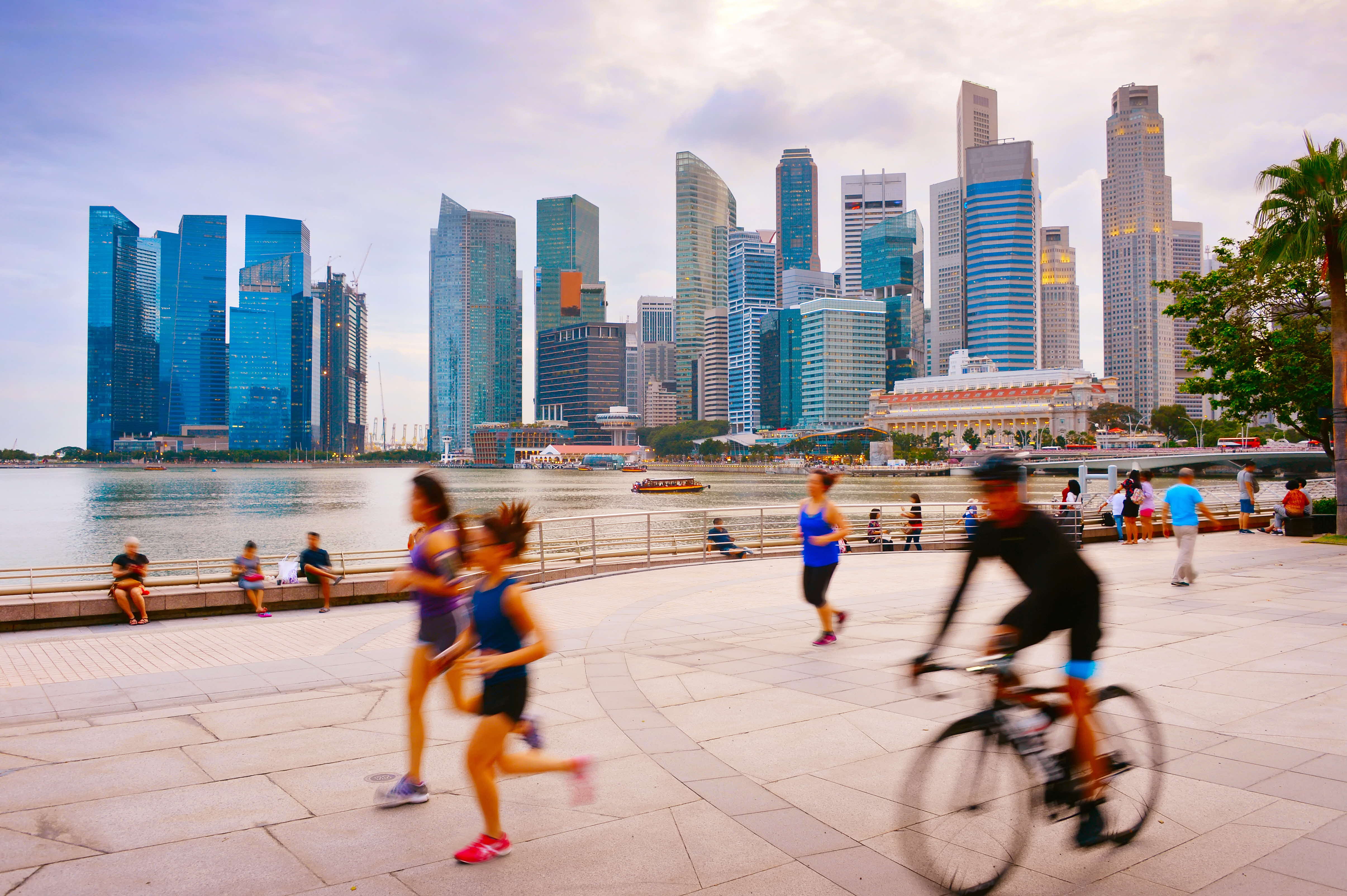
Date & Time: 2 Sept, 3.30pm - 5.30pm
Location: URA Function Hall, Level 5, URA Centre, Singapore 069118
Synopsis
As urban challenges become more complex, cities must rethink mobility, not just as a transport issue, but as an enabler to tackle inter-connected urban challenges such as climate change, social equity and public health. Drawing insights from the Science of Cities, this lecture explores how a cross-domain approach to mobility can unlock far-reaching benefits across sectors and enhance urban liveability. Through the lens of the Liveability Framework, it examines how cities can effectively identify, measure and maximise co-benefits from mobility initiatives to support decision-making, funding and public communication to shape more vibrant and inclusive future communities.
Click here for more information and registration for the lecture.
3 | NUS Cities Symposium
NUS Cities
Date & Time: 3 Sep 2025
Location: NUS University Town, UTown Auditorium 2
Synopsis
The 3rd annual NUS Cities Symposium gathers a community of local and international urban science experts from various disciplines and sectors to discuss how urban science helps cities become more liveable, sustainable, and resilient. We are delighted to have Minister Ong Ye Kung (Coordinating Minister for Social Policies and Minister for Health, Singapore) as our Guest-of-Honour. The Symposium will feature a line-up of esteemed and renowned speakers such as Prof. Michael Batty, Prof. Luis Bettencourt and Prof. Marie Harder who will take us through the blooming field of urban science and explore how cities can leverage such knowledge to systematically tackle urban challenges. The role of Singapore as a global hub for high impact research and the role of universities as drivers and catalysts for the development of urban solutions will also be discussed. This flagship event is also held as part of the Singapore Urban Science Week and NUS Sustainability CONNECT.
Click here for more information.

Professor Luís M. A. Bettencourt
Professor of Ecology and Evolution, University of Chicago &
Panel of Advisors, NUS Cities
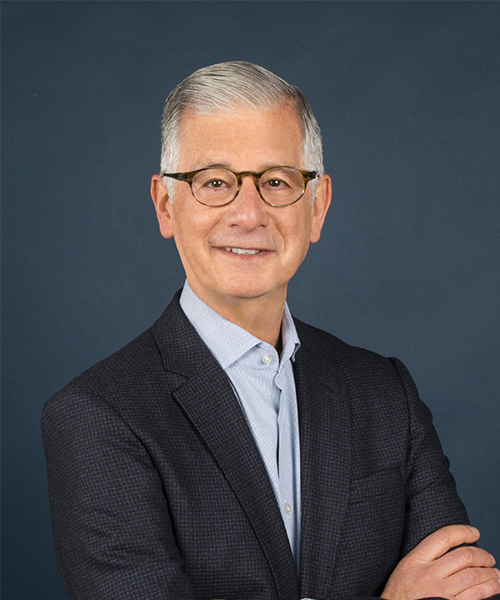
Prof Stephen Goldsmith
CLC Visiting Fellow, Professor of Urban Policy and
Director of Data-Smart City Solutions at the
Bloomberg Center for Cities at Harvard University

Marie Harder
Distinguished Professor, Fudan University
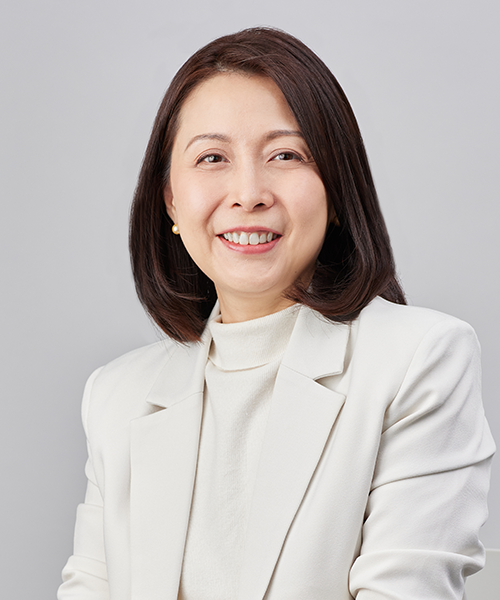
Elaine Tan
Director of Research, Centre for Liveable Cities
4 | Future Cities: Science, Design, and Policy for Urban Transitions
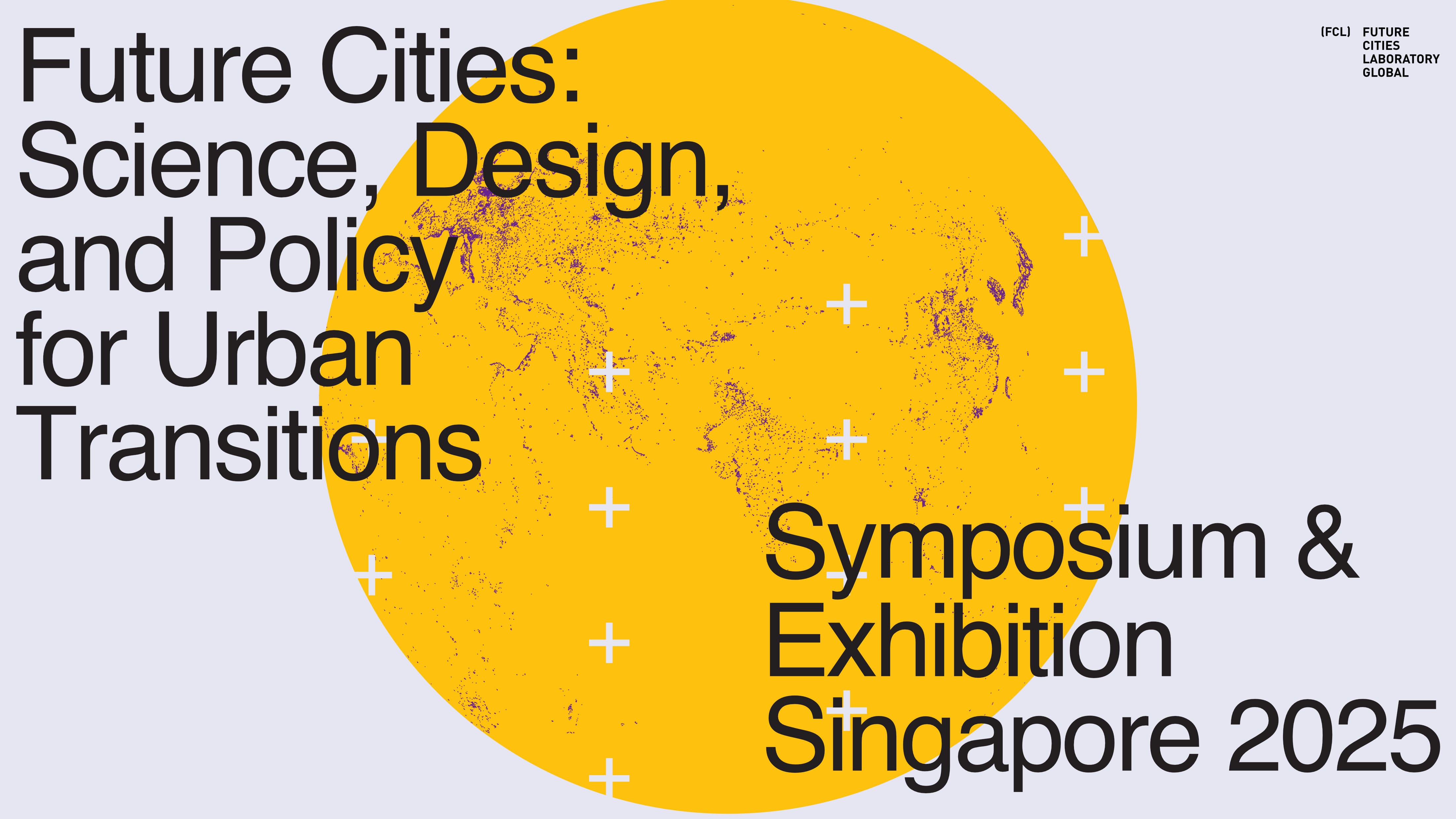
Singapore-ETH Centre Future Cities Laboratory (FCL) Global
Date & Time: 4 Sep (Part 1) & 5 Sep (Part 2)
Location: Part 1 @ Gallery Level 2 & Auditorium, National Design Centre; Part 2 @ Level 2 Theatrette and Seminar Room. FCL CREATE
Synopsis
As cities rapidly evolve under the pressures of climate change, population growth, and resource constraints, the need for a new urban paradigm has never been greater. Traditional models are no longer enough to address the interwoven social, ecological, and technological challenges of today’s urban environments. A new mode of future-positive urbanisation must urgently emerge, building on knowledge from different disciplines to envision net-zero urban futures and chart pathways for systemic change.
“Future Cities: Science, Design, and Policy for Urban Transitions”, organised by the Future Cities Laboratory (FCL) Global, highlights the contributions of international research collaborations between ETH Zurich and Singapore universities (NUS, NTU, SUTD), supported by the National Research Foundation Singapore (NRF). Future-Positive Cities envision how innovations can transform urbanisation into a positive force for an increasingly complex world – where scientific insight and design innovation come together to shape liveable, resilient, and inclusive urban futures.
The symposium showcases innovative research that enhances our understanding of complex urban systems while delivering practical outcomes—tools, frameworks, and strategies that are actively reshaping our cities. Our work spans from materials innovation to megacity solutions, revealing how local knowledge and long-term research create meaningful urban transformation through both scientific insight and design excellence. Complementing the symposium, our exhibition at the National Design Centre Gallery presents a comprehensive view of FCL Global's research impact. Through our 13 research modules—organised in four distinct clusters—we demonstrate how our work influences design and policy across Singapore, Zurich, and our global research sites. Experience guided tours led by FCL Global researchers and engage with interactive demonstrations. Following the symposium, the exhibition moves to the CREATE Campus Lobby, reopening on 7 September.
Join us on 4 September at the National Design Centre Auditorium for thought-provoking keynotes and panel discussions, followed by in-depth research presentations on 5 September at the CREATE Campus, FCL Global's Singapore hub. We welcome you to embark with us on exploring and shaping a future that is not only possible, but also positive.
Click here for more information on the event

Prof Stephen Goldsmith
CLC Visiting Fellow, Professor of Urban Policy and
Director of Data-Smart City Solutions at the
Bloomberg Center for Cities at Harvard University
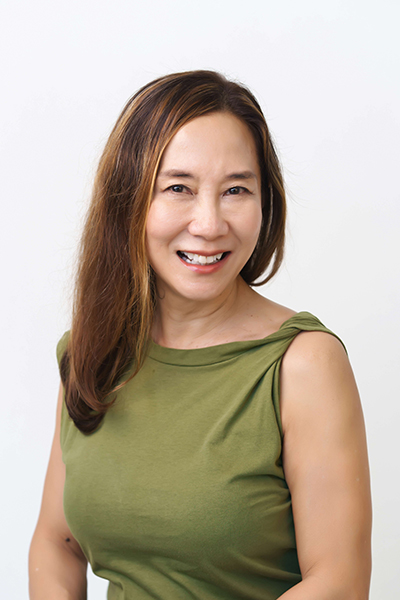
Dr Limin Hee
Director of Research, Centre for Liveable Cities
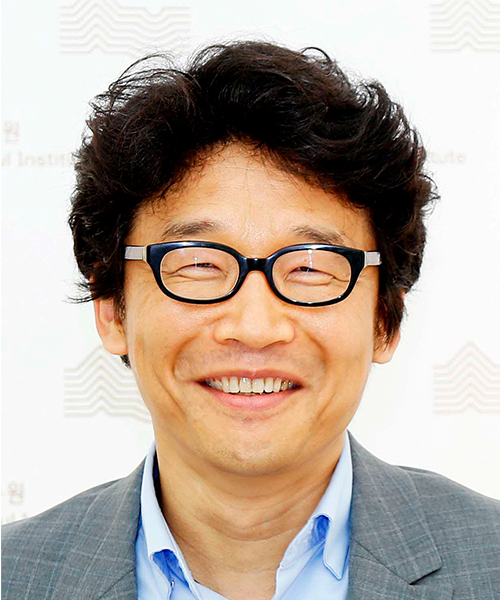
Dr Inhee Kim
Senior Research Fellow, Seoul Institute
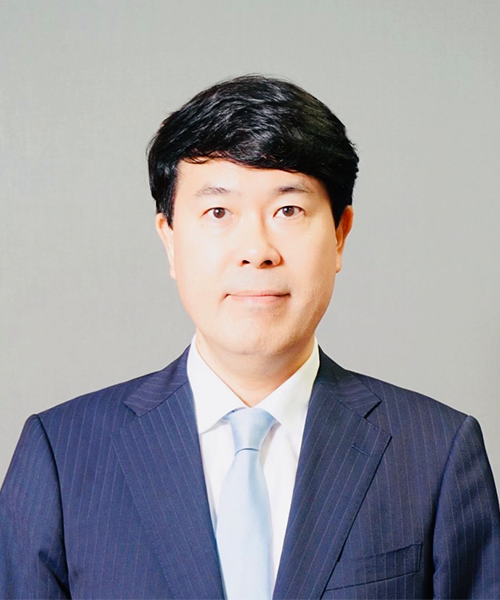
Masanori Kobayashi
Chief Economist for Infrastructure Policy, Policy Bureau,
Ministry of Land, Infrastructure, Transport and Tourism (MLIT) Japan
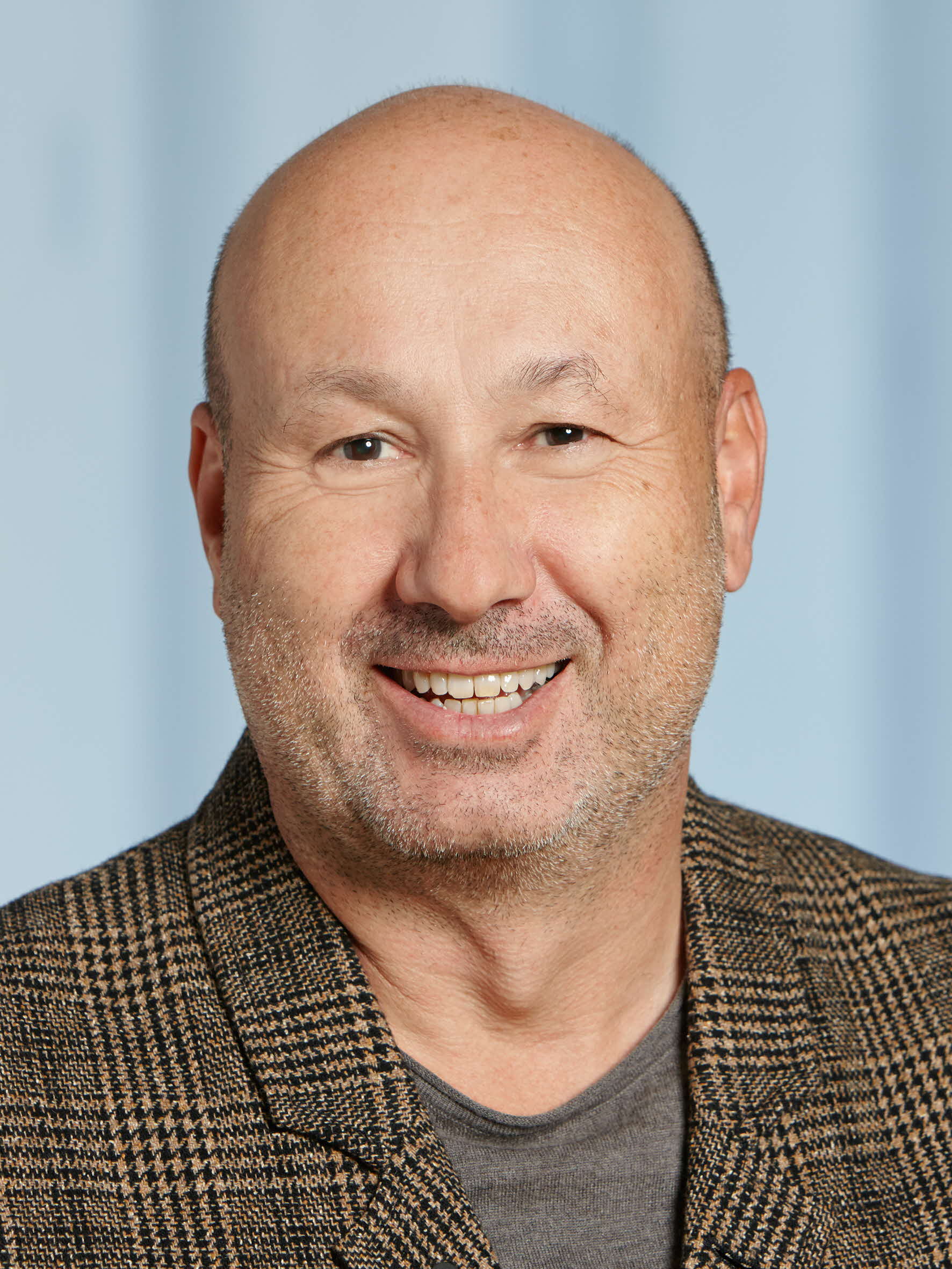
Prof Sacha Menz
Executive Director, FCL Global
.jpg)
Prof Dr Subodh Mhaisalkar
Executive Director for Academic Research, NRF Singapore
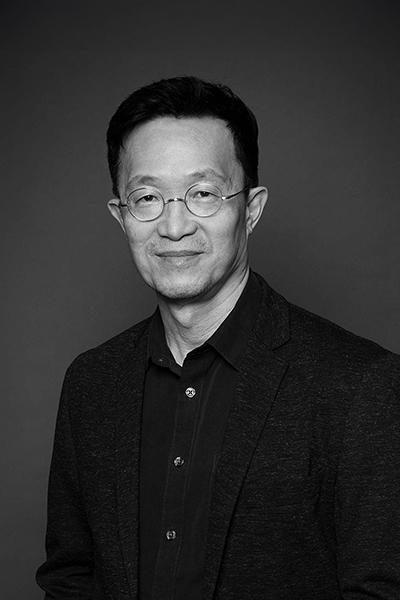
Leonard Ng
Director of Business Asia, Henning Larsen Asia Pacific
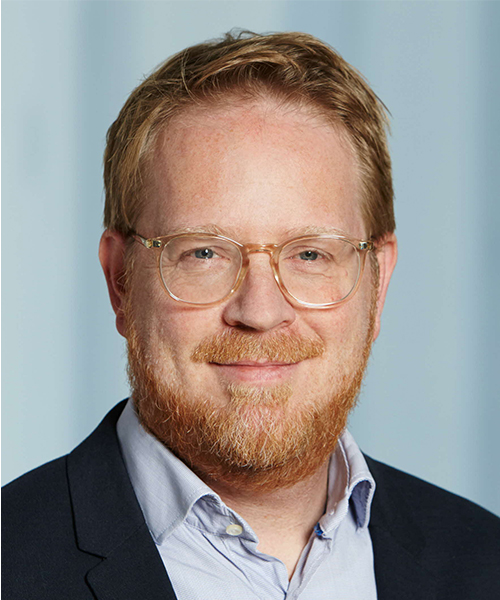
Prof Dr Arno Schlueter
Director, FCL Global Zurich Hub
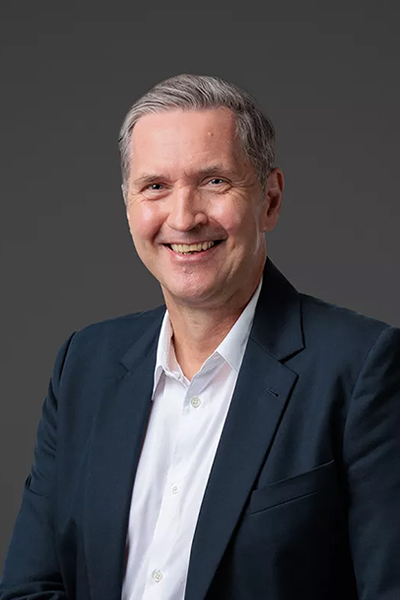
Prof Dr Thomas Schroepfer
Professor of Architecture and Sustainable Design, SUTD
Director, Future Cities Laboratory Global Singapore Hub
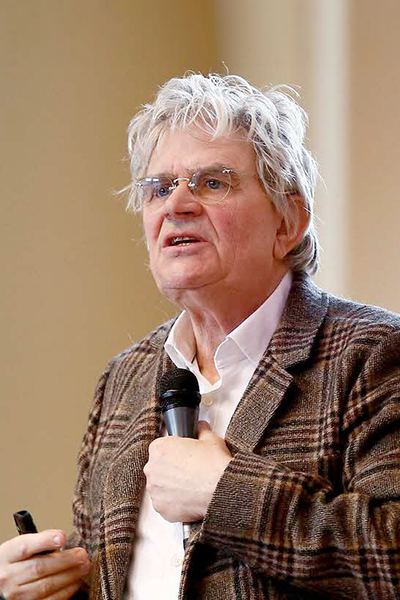
Em. Prof. Ir Dirk Sijmons
H+N+S Landscape Architects/TU Delft
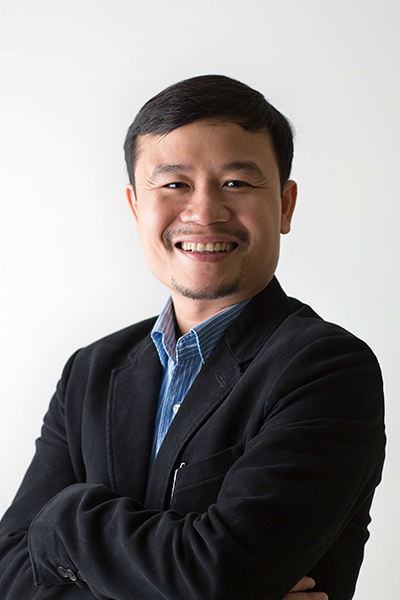
Dr Vo Trong Nghia
Founder, VTN Architects
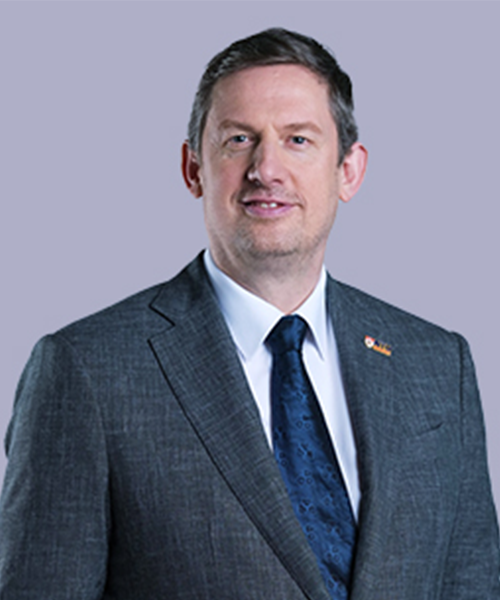
Prof Dr Christian Wolfrum
Deputy President and Provost, NTU Singapore,
President’s Chair in Biomedicine
Speaker Bios
Professor Alexander Zehnder
Alexander Zehnder is a partner at NanRise Pte Ltd, a consultancy that supports the planning of sustainable urban development, particularly in Asia. He is also part of the team that founded a non-profit organization in Singapore and Hong Kong, the Asia Carbon Institute (ACI), which issues carbon credits mainly for technological solutions, and is editor-in-chief of the International Journal for Smart and Sustainable Cities (IJSSC). He led the Sustainable Earth Office at NTU in Singapore, which introduced sustainability into all NTU's degree programs and reduced the campus' energy intensity by over 30 percent in 6 years through technological and behavioral adaptations.
He was President of the ETH Board, which oversees two universities, ETHZ and EPFL, and four national research institutes (PSI, EMPA, WSL and EAWAG). He was previously Director of the Swiss Federal Institute of Aquatic Science and Technology (EAWAG) and Professor Emeritus at ETH Zurich. Before that, he was a professor at Wageningen University and Stanford University. He initiated the construction of the world’s most energy-efficient office building (Forum Chriesbach) and is one of the "founding fathers" of the "2000-watt society" concept. Some of his work contributed to the creation of the Dow Jones Sustainability Index, which was launched in 1999.
Professor Luís M. A. Bettencourt
Luis Bettencourt is a Professor of Ecology and Evolution at the University of Chicago, Director of the Urban Science Lab and External Professor of Complex Systems at the Santa Fe Institute. His research focuses on the theory and modelling of complex systems and the processes that underlie the structure and growth of cities. He connects interdisciplinary concepts and advanced mathematics with new technologies and data to create new systems’ theory, tools and methods. This work also involves collaborations with governments, NGOs, and interdisciplinary researchers worldwide to co-produce new insights and transformative practices for urban sustainable development.
Prof Stephen Goldsmith
Stephen Goldsmith is the Derek Bok Professor of the Practice of Urban Policy at the Harvard Kennedy School and director of the Data-Smart City Solutions program at the Bloomberg Center for Cities at Harvard University. Data-Smart City Solutions highlights local government efforts in the use of data analytics with community input to reshape the relationship between government and citizens. Also under his portfolio is the Project on Municipal Innovation, a platform for cities' senior staff to share and adapt best practices and innovative policy ideas. Complementing these efforts, his podcast, the Data-Smart City Pod, highlights top innovators and showcases how cities are leveraging data to drive innovation and improve community outcomes.
He previously served as Deputy Mayor of New York and Mayor of Indianapolis, where he earned a reputation as one of the country's leaders in public-private partnerships and neighbourhood revitalization. Stephen was also the chief domestic policy advisor to the George W. Bush campaign in 2000, the Chair of AmeriCorps, and the prosecutor for Marion County, Indiana from 1979 to 1990. He has authored and co-authored various books on cities, including his most recent two with Kate Markin Coleman, Collaborative Cities: Mapping Solutions to Wicked Problems and Growing Fairly: How to Build Opportunity and Equity in Workforce Development, both of which deal with the importance of place and cross sector partnerships. He is recognized as a leading authority on local government and applied technology. He writes regularly for Government Technology and Governing Magazines, advises technology companies that provide solutions to government, and has frequently appeared in national publications including the Wall Street Journal, Washington Post, Boston Globe and New York Times.
Professor Marie Harder
Marie Harder is a Distinguished Professor at Fudan University in China since 2011, and University of Brighton in the UK. Her research interests are in the crystallization of shared values of local people for use in urban planning/ resilience/ international development/ ESG/ EIA/ Social Impact. Her team has developed the WeValue InSitu approach which provides a scaffolding process for local groups – civil or expert or community or residential – to crystallise what their existing but usually tacit shared values are. The results are statements that are usually sufficiently concise for use as sustainability indicators where needed. For cities, they have used it to profile the ‘living preferences’ of different groups of people, and thus build up a profile of ‘cultural shared values’. These can then be combined with information from focus groups to produce Conceptual Frameworks of the city on different topics – e.g. Vienna and Shanghai on climate change, and three settlements in the UK for Infrastructure Investments by the government.
Elaine Tan
Elaine Tan is the Director of Research at the Centre for Liveable Cities, Ministry of National Development, Singapore where she oversees research in the areas of climate change, resilience, ageing and health. Prior to this, Elaine was Director of Strategic Research at the Urban Redevelopment Authority (URA), where she spearheaded URA's R&D efforts and directed key research programmes through Singapore’s Land and Liveability National Innovation Challenge, under the auspices of the Research, Innovation and Enterprise Council. Elaine was also formerly the Director of Architecture & Urban Design Excellence at the URA, working closely with the industry to advance the state of architecture and urban design in Singapore through new initiatives and programmes. Elaine also established the Lee Kuan Yew World City Prize in 2010, in tribute to Singapore’s first Prime Minister, and the President’s Design Award to recognise the best of Singapore’s architecture and design.
Elaine studied both Architecture and Urban Design at the National University of Singapore and holds both a Masters in Urban Design and a Masters in Public Administration from the Lee Kuan Yew School of Public Policy.
Dr Limin Hee
Dr Limin Hee is Director of Research at Singapore’s Centre for Liveable Cities (CLC), a nexus and knowledge centre for liveable and sustainable cities, where she focuses on research strategies, content development and international collaborations. Under her leadership, CLC Research spearheads forward-looking studies that consider how cities can prepare for the future and thrive in the face of driving forces such as resource shifts, the push for net-zero cities, ageing societies, and new ways of live-work-play.Her own research focuses on urban liveability and sustainability and their agenda for architecture, urbanism and public space. Her recent books include A City in Blue and Green: A Singapore Story (Springer: 2019), and Constructing Singapore Public Space (Springer: 2016).
Dr Inhee Kim
Dr. Inhee Kim has led a citizen- and neighborhood-focused shift in urban planning at the Seoul Institute. The 2030 Seoul Plan transferred planning authority from experts to citizens, prioritizing quality of life, and restructured Seoul into 3 cores and 7 hubs to enhance implementation. The 2040 Plan continued civic engagement while increasing the role of city departments and districts. It introduced “Micro Seoul” to address climate change and aging by forming 100 walkable, compact, self-sufficient communities. As Gangnam-gu’s Master Planner, Dr. Kim is putting Micro Seoul into practice through the Gangnam Style 10-Minute City pilot. This project involves residents, businesses, and merchants, while Gangnam-gu’s administration shifts toward integrated, flexible, and decentralized planning for more effective execution Recently, Dr. Kim developed Nexus Seoul, Next 100, a long-term vision emphasizing openness, adaptability, and intergenerational responsibility. The plan encourages continuous updates and citizen collaboration to address an uncertain future.
Masanori Kobayashi
In 1994, Mr Masanori Kobayashi joined the Ministry of Land, Infrastructure, Transport, and Tourism (MLIT) and has been actively engaged in planning and developing public policies across various fields, primarily focusing on urban policy, infrastructure policy, land policy, real estate policy, and economic policy for approximately 30 years. He dedicates himself to identifying and understanding challenges within the transforming societal landscape, designing and implementing realistic policies, and addressing social issues from cross-disciplinary and international perspectives. Furthermore, he emphasizes the importance of quantitatively evaluating the impact of these policies with the goal of building sustainable cities. He is committed to participating in international networks and working together with all of you to formulate and implement policies aimed at realizing sustainable urban development.
Prof Sacha Menz
Prof. Sacha Menz is the Director of Future Cities Lab (FCL) Global under the Singapore-ETH Centre. He was named Full Professor of Architecture and Building Process at ETH Zurich in 2004. He was Head and Co-Founder of the Institute of Technology in Architecture (ITA), Dean and Vice-Dean of the Department of Architecture at ETH Zurich. He initiated the construction of the building "Arch_Tec_Lab" at ETH Zurich.Sacha has over ten years of research experience in high-density, high-livability urban development and transformation.
Prof Dr Subodh Mhaisalkar
Subodh MHAISALKAR is the Executive Director, for Academic Research, at the National Research Foundation (NRF) Singapore. Prior to joining NRF in 2022, as the Associate Vice President (Strategy & Partnerships), Subodh was tasked with supporting industry engagements at the Nanyang Technological University (NTU) Singapore. From 2010 to 2022, Subodh also served as the founding Executive Director of the Energy Research Institute @ NTU (ERI@N), a pan-University multidisciplinary research institute for innovative energy solutions. Before taking up an academic position in Materials Science and Engineering Department of NTU in 2001, Subodh had over 10 years of research and engineering experience in the microelectronics industry that included nanomaterials, semiconductor processes, fundamental device physics, and device integration. During his NTU tenure, Subodh focused on perovskite solar cells, light-emitting devices, and printable electronics; and mentored more than 100 Masters / PhD students and Post-Doctoral Research fellows. Subodh received his Bachelors’ degree from IIT-Bombay and his MS/Ph.D. degrees from The Ohio State University.
Leonard Ng
Leonard joined Henning Larsen (formerly Atelier Dreiseitl) in 2008, where he co-spearheaded the establishment of the Singapore office and was subsequently appointed Partner in 2016. In 2023, he was conferred the President*s Design Award - Designer of the Year, highest honour across all design disciplines in Singapore. Leonard’s academic background and design interest lay at the juncture between man and his environment with the aim of finding a long-term sustainable balance between them. His approach involves extensive collaboration with diverse professions to foment holistic landscape-based solutions that engage and educate users while respecting the environment. His recent works feature design that integrates the water found on-site with the surrounding urban development in a sensitive manner and are winners at eminent international awards such as the World Architecture Festival, and President*s Design Award.
Prof Dr Arno Schlueter
Arno Schlueter researches systemic approaches for integrating questions of energy, emissions, and human comfort in the design, production, and operation of buildings. He holds a degree in architecture from the Technical University of Karlsruhe and a PhD in building systems from ETH Zurich. In his research and teaching, he focuses on integrated building systems for low-emission buildings and cities from design to operation, utilising computational and experimental approaches. He is a Professor of Architecture and Building Systems at the Institute of Technology in Architecture (ITA) at ETH Zurich, Director at the SEC Future Cities Laboratory (FCL) Global in Singapore and Director of Studies of the Master of Integrated Building Systems (MIBS). The work of his research group has been published in over 100 scientific journal papers, magazines and books. Recent awards include the 2022 Arc Award and the 2023 Watt d’Or for Excellence in Energy Innovation awarded by the Swiss Federal Office of Energy.
Prof Dr Thomas Schroepfer
Thomas Schroepfer is Full Professor and Founding Programme Director of Architecture and Sustainable Design at the Singapore University of Technology and Design (SUTD). He is the Director of the Singapore-ETH Centre Future Cities Laboratory (FCL), based at Singapore’s Campus for Research Excellence and Technological Enterprise (CREATE), where he leads pioneering research at the intersection of architecture, urban design, and technology. He is also the Director of SUTD’s Advanced Architecture Laboratory and a Senior Fellow at the Collegium Helveticum, the Institute for Advanced Studies of ETH Zurich (Swiss Federal Institute of Technology in Zurich), where he contributes to interdisciplinary research on the future of cities.
Em. Prof. Ir Dirk Sijmons
Dirk Sijmons (1949, Amsterdam) is one of the founders of H+N+S Landscape-architects where he was mostly involved in regional plans and research-by-design commissions (1990-2015). In 2002 Sijmons received the Maaskant award and in 2007 the Edgar Doncker award for his contribution to ‘Dutch Culture’. His book publications in English are = Landscape (1998), Greetings from Europe (2008), Landscape and Energy (2014), Moved Movement, (2015) & Room-for-the-River (2017) In the Anthropocene site matters in four ways (2020). Sijmons was appointed first State Landscape Architect of the Netherlands (2004-2008). He held the chair of Environmental Design (2008-2011) and that of Landscape Architecture (2011-2015) at TU-Delft. He was curator of IABR—2014 themed Urban-by-Nature. At the World Design Summit 2017 in Montreal, he received the IFLA sir Geoffrey Jellicoe award. Since 2018 he is involved in research on the implications for the design community of our Anthropocene condition.
Dr Vo Trong Nghia
Born in Vietnam in 1976, Dr. Vo Trong Nghia graduated in Architecture from the University of Tokyo with the Furuichi Kimitake Prize 2004 for the top master thesis of the year, as well as the University of Tokyo’s President’s Award for academic achievement during his doctoral thesis. Despite the praise, Dr. Nghia quit his PhD to return to Vietnam to establish VTN Architects in 2006. He later earned a PhD from Waseda University in Tokyo. Since then, VTN Architects has become a leading practice in the world, receiving 160 international awards for his pioneering works in green and bamboo architecture. Dr. Nghia has given lectures internationally to prestigious institutions like University of Sydney, Harvard University, Columbia University, Cambridge University, etc. His achievement has been recognized by international media such as CNN, NHK, BBC, etc. His works are published as 3 monographs from the US about bamboo architecture, green architecture, and houses.
Prof Dr Christian Wolfrum
Professor Christian Wolfrum is Deputy President and Provost at Nanyang Technological University (NTU) Singapore and holds the President’s Chair in Biomedicine. Prior to NTU, he was Vice President for Research and Executive Board member at ETH Zurich. He served as Full Professor for Translational Nutrition Biology at ETH Zurich’s Institute of Food, Nutrition and Health from 2017 and joined ETH in 2007 as Assistant Professor for Obesity Research. He has been a member of the German National Academy of Sciences Leopoldina since 2024.
Prof. Wolfrum studied Chemistry at the University of Münster and completed postdoctoral training at Rockefeller University in New York. His research focuses on molecular mechanisms of adipocyte differentiation and their role in obesity and metabolic disorders. He has received several prestigious awards, including the H.P. Kaufmann Award (2000), EFSTL Young Investigators Award (2004), and the Rössler Prize (2014).
In partnership with:

